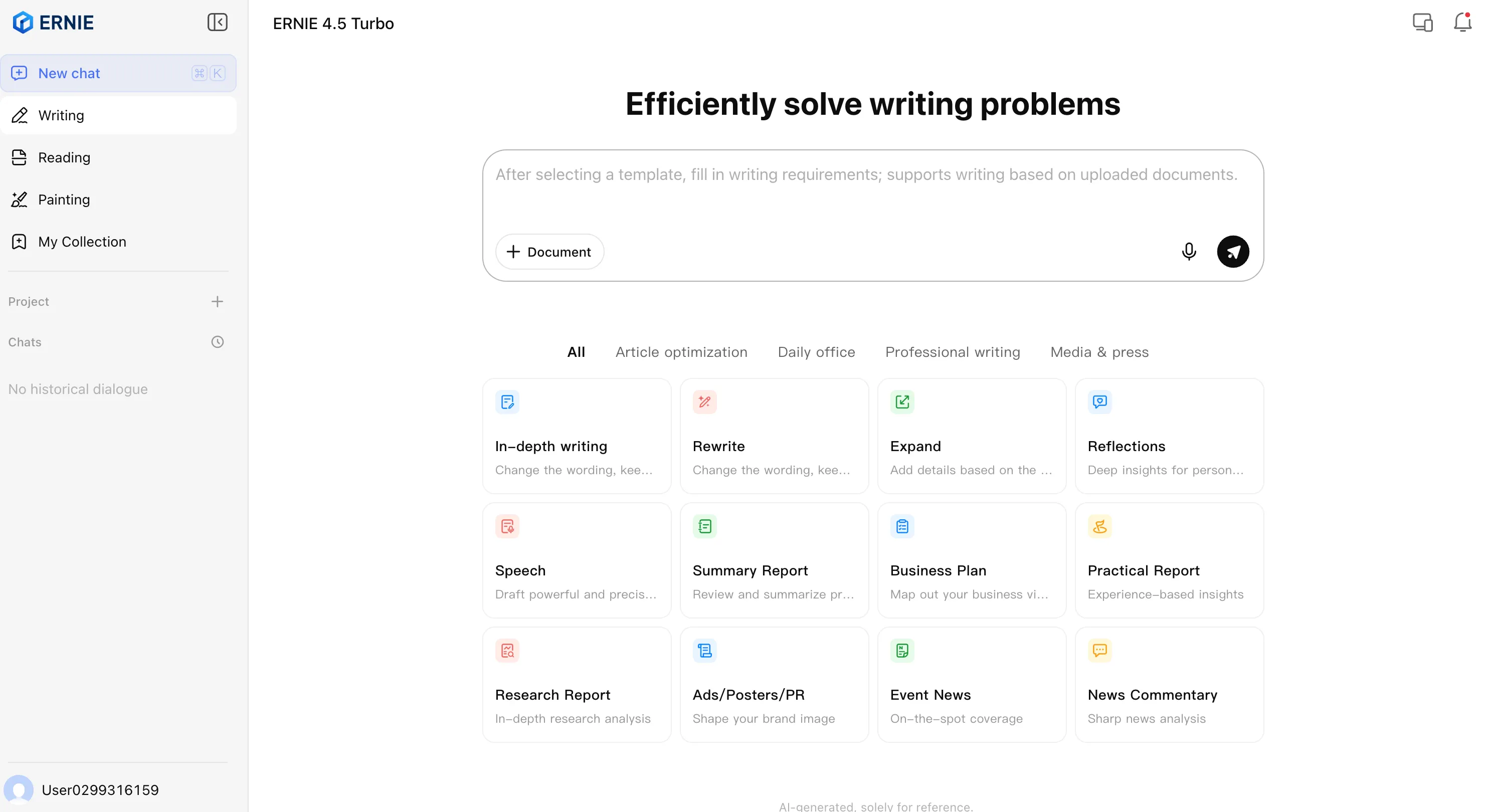Ledger Introduces Offline Recovery Key For Enhanced Hardware Wallet Security
Cointelegraph reports that Ledger launched an offline physical recovery tool for private key recovery. The Ledger Recovery Key helps users regain wallet access without cloud-based services or personal data collection. The tool supports Ledger Flex and Ledger Stax wallets through NFC connection.
Unlike Ledger's previous cloud-based Ledger Recover service, the new Recovery Key remains completely offline. Users store private keys on a smart card protected by its own PIN. The solution requires no identity verification or personal details collection.
Growing Demand for Self-Custody Solutions
Hardware wallets have become essential for cryptocurrency security in 2025. Analytics Insight notes that hardware wallets provide unmatched offline protection against hacking and malware threats. The increasing regulatory pressure and exchange failures drive more users toward self-custody options.
The crypto custody provider market reached significant growth milestones. Market research shows the cryptocurrency custody software market is projected to grow from $4.64 billion in 2025 to $15.75 billion by 2034. Research and Markets indicates the market exhibits a compound annual growth rate of 14.53% during the forecast period.
99Bitcoins confirms that hardware wallets use two-factor authentication requiring physical device possession and PIN knowledge. This dual protection keeps cryptocurrency assets isolated from internet-connected threats. Self-custody solutions eliminate reliance on third-party providers prone to hacks and shutdowns.
Technical Features and Security Architecture
Ledger Recovery Key operates through simple NFC tapping and PIN entry. The tool connects directly to Ledger devices using secure wireless channels without intermediary systems. Ledger built the device with Secure Element technology, the same security layer used in their wallet hardware.
The company open-sourced the Recovery Key's application code on GitHub with accompanying white paper documentation. Internal security testing involved Donjon, Ledger's white hat hacker team. External cybersecurity firm Synacktiv conducted independent audits of the system.
TechLasi research shows that hardware wallets now require layered security approaches combining offline storage, strong backup procedures, and physical protection. The air-gapped approach eliminates most attack vectors hackers use to steal cryptocurrency holdings.
Charles Guillemet, Ledger's chief technology officer, stated the company received positive feedback from security researchers and industry leaders. The Recovery Key addresses usability concerns while maintaining self-custody security standards.
Market Impact and Industry Implications
The cryptocurrency industry continues expanding institutional adoption throughout 2025. Elliptic research found 75% of financial institutions must advance digital asset activity within two years to remain competitive. This institutional movement creates demand for enterprise-grade custody solutions.
Self-custody risks include key loss, theft, and recovery complications. CNBC reports physical risks from natural disasters and conflicts affect hardware wallet security. California wildfires destroyed metal plates containing seed phrases, highlighting backup solution limitations.
Professional recovery services have emerged to address lost wallet access. Success rates for cryptocurrency recovery now exceed 87% according to industry data. However, many recovery services operate as scams targeting already-victimized users.
Ledger's offline solution addresses these concerns by providing secure backup without cloud dependency. The tool offers institutional-grade security for individual users while maintaining complete user control over private keys. This approach bridges the gap between convenience and security that has challenged hardware wallet adoption.
Related Reading on BTC Peers
For comprehensive analysis of global cryptocurrency policy developments, read our detailed examination at BTC Peers Global Bitcoin Policy Index. This article provides in-depth insights into regulatory frameworks across different jurisdictions and their impact on cryptocurrency adoption. Readers will gain valuable perspective on how policy changes affect market dynamics, institutional investment decisions, and the overall development of the digital asset ecosystem worldwide.
Disclaimer: The content of this article solely reflects the author's opinion and does not represent the platform in any capacity. This article is not intended to serve as a reference for making investment decisions.
You may also like
Baidu's ERNIE 5 AI Model Rises Up the Rankings—A Math Wiz That Beats OpenAI's GPT 5.1

Fed Leaders Support Holding Off on Rate Cuts Amid Ongoing Inflation Worries
Why Charter (CHTR) Shares Are Declining Today